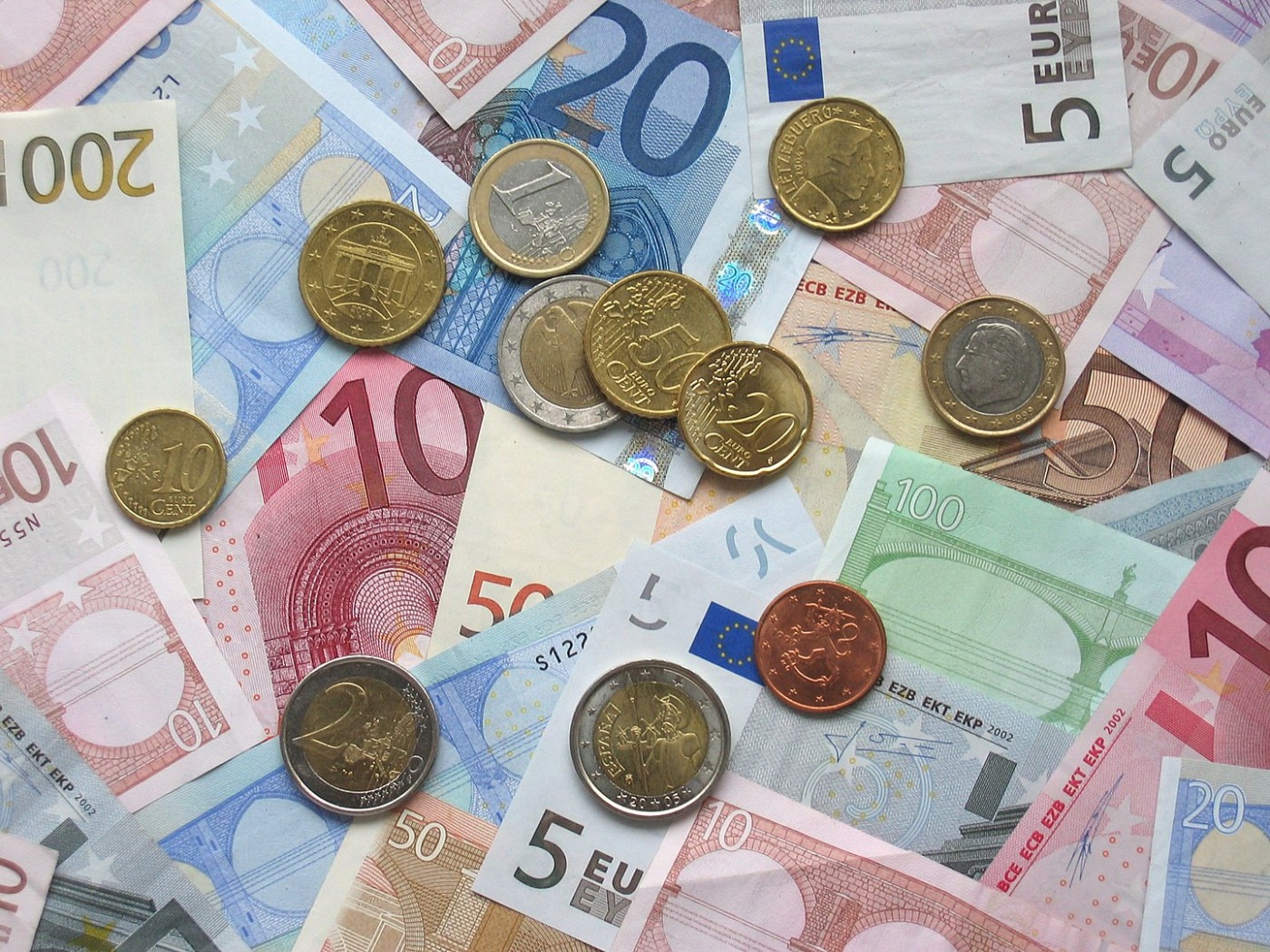The Digital Euro: a new way to pay in the EU
According to the European Commission, 55% of EU citizens prefer cashless transactions. With the European Central Bank moving forward with the launch of the digital euro, announcing that a two-year “preparation phase” will begin on November 1 2023, the question arises: could the digital euro be the next step forward in the way we conduct financial transactions?
What sets this digital currency apart from Bitcoin and Ethereum? Unlike these well-known cryptocurrencies, the digital euro isn’t an independent entity; it’s a central bank digital currency (CBDC). Essentially, it’s a virtual form of cash (free of charge) created and supported by the European Central Bank (ECB). Its main goal? To offer consumers across Europe a new, seamless way to make payments. Like cash today, you could use it anywhere in the euro area. One of the standout differences between the digital euro and cryptocurrencies lies in its backing by the European Central Bank, ensuring its stability and reliability.
Much like its physical counterpart, its value remains identical, enabling everyday purchases from groceries to clothes, to loaning a friend money — even across national borders. Stored within a digital wallet, this digital currency could be used for both online and offline transactions, allowing for payments to be conducted from one device to another without internet connectivity. “It would be safe and secure, instant and convenient — online and offline — offering more consumer choice alongside private digital payment options such as cards and apps” said Valdis Dombrovskis, Executive Vice-President of the European Commission.
Beyond its inherent convenience, the digital euro stands as a proactive measure in addressing privacy concerns. Currently, private issuers of stablecoins and crypto assets possess the ability to exploit individuals’ personal data for commercial purposes. However, the European Commission assured that transactions made with the digital euro would remain completely confidential. “Nobody would be able to see what people are paying for when using the digital euro offline,” the European Commission said at a press conference. “Banks, not even the ECB [European Central Bank], would not see or be able to trace, people’s personal details or data,” the commission added.
With the global trend pointing towards digital currency adoption, as reported by the Atlantic Council, where 11 countries have already embraced their digital currencies and more are on the verge of doing so, it’s clear that we are entering a transformative era in finance. This shift urges global leaders to stress the significance of collaboration in establishing a secure and efficient global financial framework. Now, the question emerges: would you consider using the digital euro?

Comments